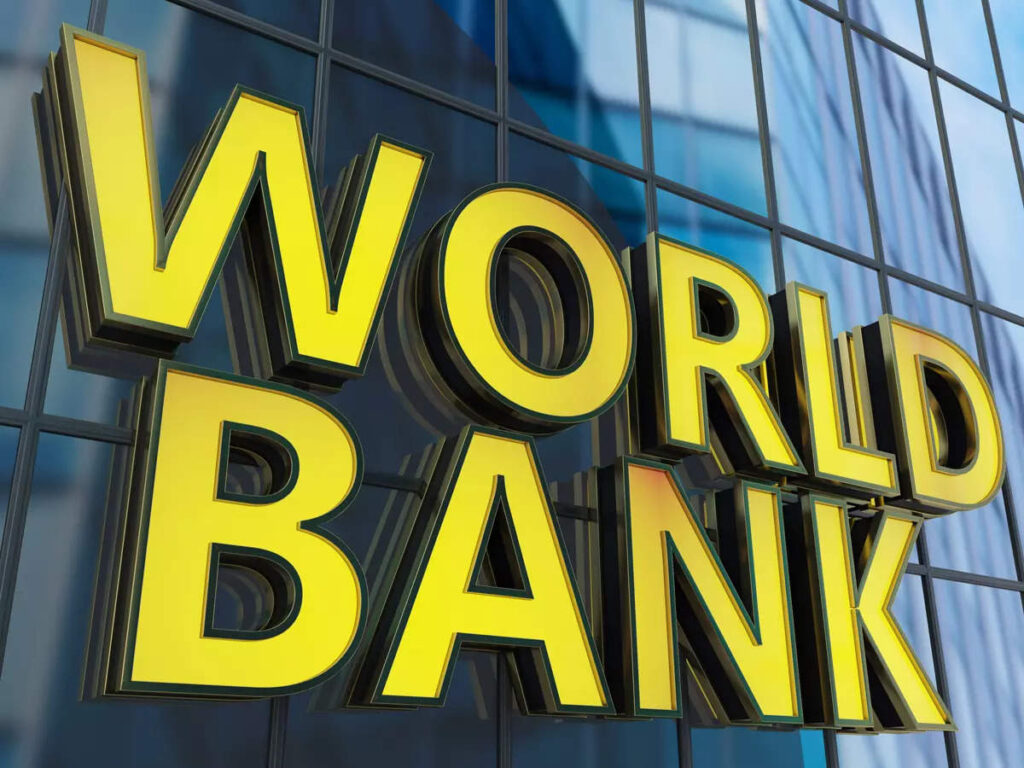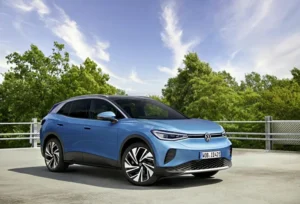World Bank Warns India Against Jugaad, Advocates for Capital Deepening

The Economic Times
The End of Jugaad
The World Bank has advised India to move beyond the concept of ‘jugaad’ in its annual World Development Report. The report stresses the need for “capital deepening” to sustain economic growth, particularly for middle-income countries like India. In the past, low-income countries, including India, benefited from building physical capital and achieving basic education levels. However, the report notes that jugaad, which involves improvisation with limited resources, is no longer sufficient for economic progress.
The Historical Context
In the 1980s, capital deepening played a crucial role in improving India’s growth. Without substantial capital, enterprises and families resorted to using outdated technologies. The term jugaad became synonymous with making do with limited resources, often through informal or illegal means. While this approach helped to some extent, the World Bank asserts that capital deepening is essential at the current stage of development to drive further growth.
Navigating Complex Challenges
Middle-income countries like India face a complex set of challenges as they strive to achieve high-income status. The World Bank’s World Development Report 2024 highlights the critical steps needed for this transition, including a steady energy transition, maintaining competitive markets, and promoting economic equality. As a lower-middle-income country, India aims to achieve developed economy status by 2047 under Prime Minister Narendra Modi’s leadership.
Energy Transition and Economic Growth
The report emphasizes the need for large middle-income nations, including China, India, and Indonesia, to transition their energy systems away from coal to support job creation, foster innovation, and enhance production and trade. The low-carbon transition is expected to disrupt carbon-intensive industries and regions, altering economic geography and patterns of comparative advantage. The World Bank suggests that the path to high-income status in the 2020s will differ from the past, necessitating updated policies.
India’s Ambitious Targets
India has set ambitious goals, including achieving 500 GW of non-fossil fuel energy capacity by 2030 and reaching net-zero emissions by 2070. Despite these targets, the country remains heavily reliant on fossil fuels. Government data shows a 2.44% increase in fossil fuel-based power generation capacity to 243.22 GW in FY24, while non-fossil fuel capacity, primarily from renewable sources, rose by 10.79% to 190.57 GW during the same period.
Call for Regulatory Adjustments
The World Bank report urges countries like Brazil, China, India, and the Philippines to prioritize regulatory adjustments that enable a transition from imitation to innovation. By focusing on capital deepening and energy transition, these nations can navigate the challenges of ascending to high-income status and sustain long-term economic growth.

I am Praveen Kumar, a 21-year-old passionate about writing and staying informed. On CNA Times, I bring the latest news and updates, offering readers accurate and insightful information with my expertise and dedication.







